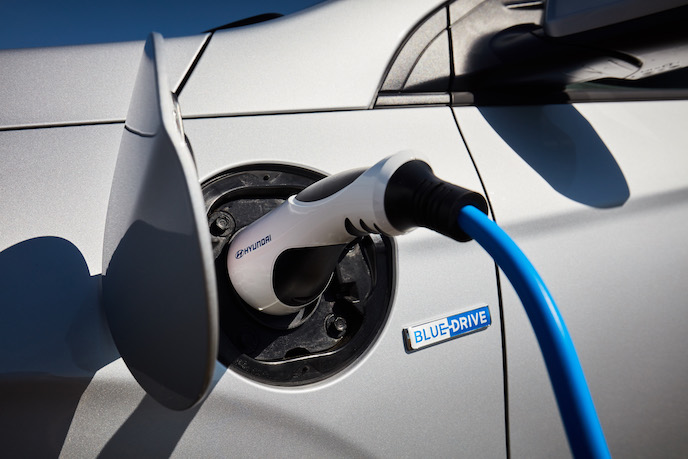
Reaction from industry stakeholders to the passage of the New Vehicle Efficiency Standard (NVES) Bill through the Federal Parliament into legislation has been mainly positive.
This legislation provides the framework for Australia’s automotive industry to transition to a low and zero-emission future.
The Federal Government also allocated $150 million in its budget for implementing the NVES starting January 1, 2025.
The Federal Chamber of Automotive Industries (FCAI) welcomes the certainty the legislation provides, ensuring clarity forthe industry and consumers.
FCAI chief executive Tony Weber says the focus must now be on ensuring that all Australians continue to have access to the vehicles that meet their lifestyle and needs at affordable prices.
“We recognise the challenges for industry in meeting the ambitious targets and ensuring Australian motorists have access to the vehicles they love and want to drive,” Weber said.
“We intend to work closely with the Government and our members on the design and implementation of this scheme. Working together will be essential in addressing any challenges and ensuring that the transition benefits all Australian businesses and families and that we remain on a pathway of emissions reduction,” he says
Dealers will support low carbon transition
“While we consider this to be an ambitious standard which will be very challenging to achieve, Dealers are ready to play their part in significantly lowering vehicle emissions,” Australian Automotive Dealers Association (AADA) chief executive James Voortman says.
“This policy ushers in a significant transition in Australia’s automotive retail sector. As a customer-facing industry, new car dealers will be central to supporting consumers as they transition to low- and zero-emission vehicles.
“While this legislation is a significant reform, much more complementary work is needed to ensure lower emissions vehicles are affordable and that Australians buying these vehicles have access to charging infrastructure.
“One key element is the $60 million dealership charging fund to assist dealers in installing charging infrastructure to support the transition to selling and servicing electric vehicles.
This policy also underscores the need to investigate issues around automotive franchising reform as compliance with the NVES and the arrival of many new manufacturers will put Australian Dealers at greater risk.
“Now that the legislation has passed, we will focus on working with the Government to ensure implementation is as smooth as possible. In particular, we will push for compliance with this scheme to move from the point of import to the point of sale over time,” he said.
A step forward towards decarbonisation
According to the Motor Trades Association chief executive, Matt Hobbs, the passage of the NVES Bill signifies a critical moment for the Australian automotive industry.
“This legislation, a result of collaborative efforts between the Albanese Government and the automotive sector, marks a significant step forward in our collective journey towards decarbonisation,” Hobbs says.
“As the representative of the automotive retail trades sector from dealers, repairers and recyclers to every business in between, we acknowledge the Government on its excellent faith negotiations with our industry and listening to our calls for a workable compromise, especially in the early years of the scheme.
“It’s undeniable that the targets outlined in the Bill will present substantial challenges for certain car companies, emphasising the importance of ongoing monitoring and review. It’s also crucial to consider the evolving landscape in the United States and Europe.
“In parallel, while we appreciate the transition support already provided to our sector in the most recent Federal Budget, we recognise that more work still needs to be done. We remain committed to working alongside the government to secure the necessary support automotive retailers need to adapt to a rapidly changing environment sparked by the advent of electric vehicles,” he says.








